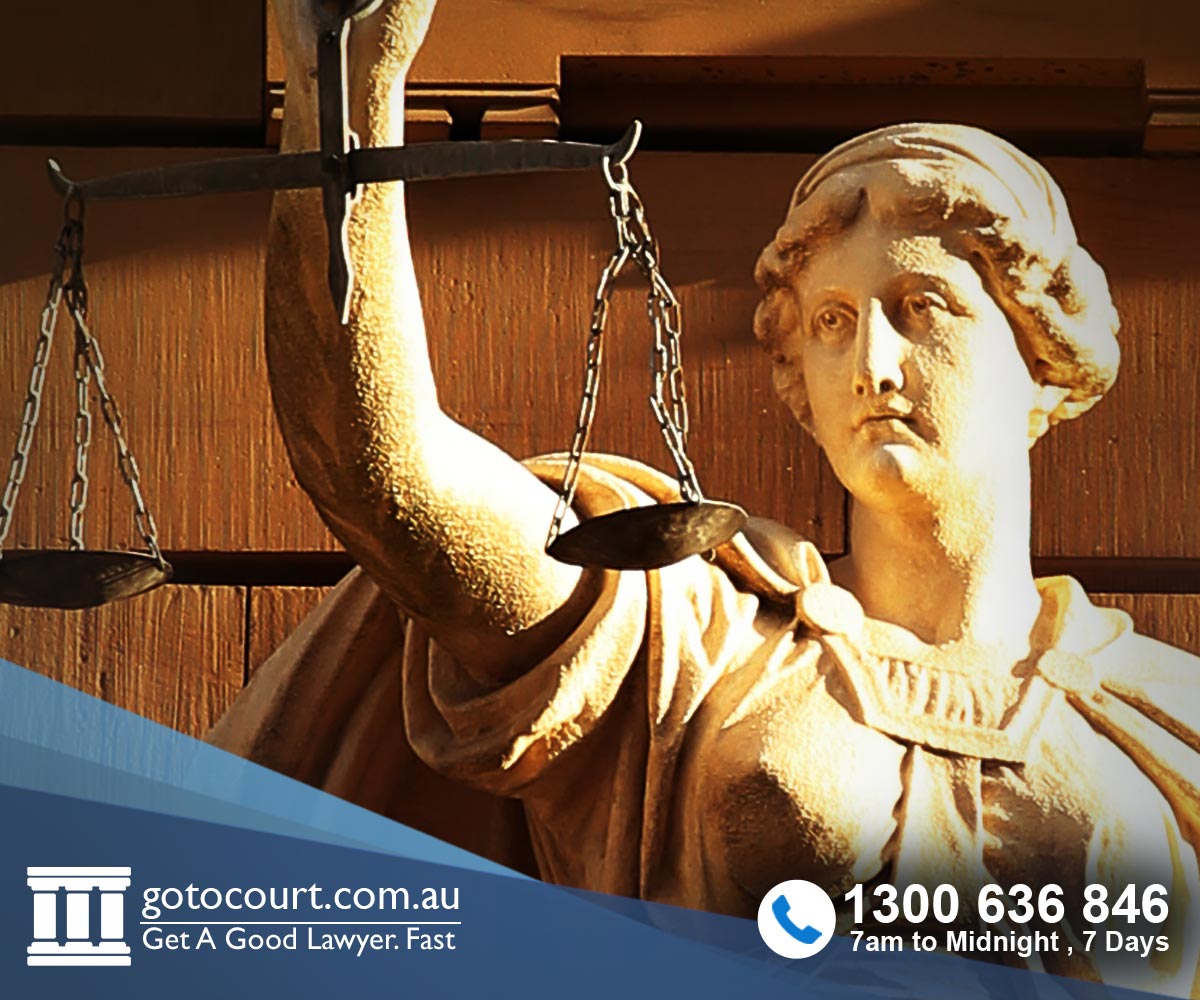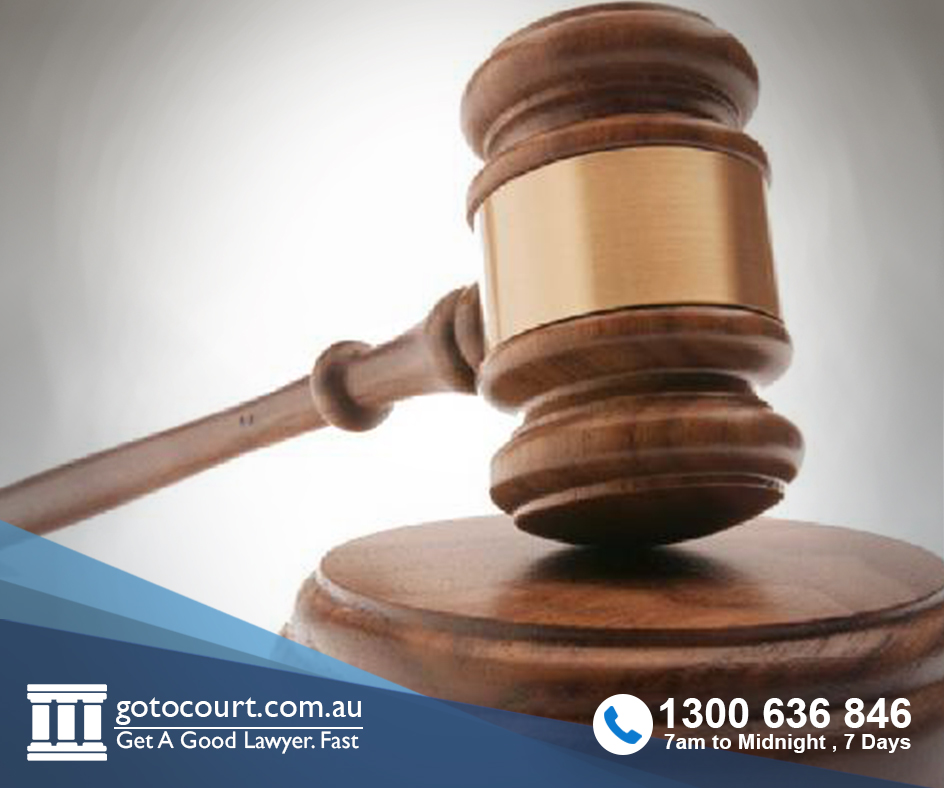Removing Judicial Officers (NSW)
In NSW, it is very rare to hear of parliament removing judicial officers. The first time it happened was in 1843, and it has only happened a handful of times since. Justice Willis, a Justice of the Supreme court, was removed because it was deemed necessary to keep the ‘peace and tranquillity’ of the jurisdiction he presided over. However, when Justice Willis was removed in 1843, the current legislation governing the removal and suspension of judicial officers did not yet exist. The judge appealed the decision to remove him to the Privy Council back in England and was successful at getting his job back.
Nowadays, the Constitution and the Judiciary Act 1986 govern the process for appointing, suspending and removing judicial officers, such as Judges or Magistrates. The Judicial Officers Act 1986 was, at the time described as ‘revolutionary’ because it established a formal process for removing judicial officers. The changes were introduced after controversy surrounding several judicial officers who were the subject of public inquiries.
Judicial independence
Judges and magistrates in Australia are not elected. Rather, they are appointed. This avoids the need for running costly campaigns or trying to stay popular to get re-elected. It also means that judicial officers are not under pressure to make certain decisions when presiding in court in order to keep their job.
The independence of the judiciary requires that the processes for removing judicial officers should only be used in very exceptional circumstances.
Suspension of judicial officers
Section 40 of the Judicial Officers Act allows for Judicial officers to be suspended if a complaint or report is made by the Conduct Division of the Judicial Commission, setting out its opinion that a matter could justify parliamentary consideration of removal of a judge or magistrate from office.
If a judicial officer is charged with or found guilty of an offence punishable by 12 months or more in prison, they may be suspended.
A suspension can be lifted at any time.
Grounds for removing judicial officers
In NSW, for a magistrate or judge to be removed, the judicial commission must have made a finding against them. Both houses of Parliament must then agree, in the one session, to remove the judicial officer.
Under Section 53 of the Constitution, no judicial officer can be removed from office except if both houses of parliament, sitting in the same session call for their removal on the grounds of misbehaviour and incapacity. Parliament can only do this if there is a report by the Conduct Division stating that the matters referred to in the report could justify parliamentary consideration of the removal of the judicial officer on the grounds of proved misbehaviour or incapacity.
The Conduct Division
Under the Judiciary Act, the Conduct Division is established and empowered to investigate complaints. The Division is made up of 3 members, two of whom are judicial officers and one is a community representative who is nominated by Parliament. The job of the Conduct Division is to look into complaints made against judicial officers.
The Conduct Division can request the judicial officer in question to undergo a medical or psychological examination.
Complaints about judicial officers
Under Section 15 of the Judicial Officers Act, anyone can make a complaint if they believe that a judicial officer has acted unfairly or improperly. If you’re unhappy about the way that a judicial officer has handled your case, you can make a formal complaint about them, setting out the circumstances of your complaint. The Judicial Commission investigates inquiries into complaints as it thinks appropriate and can refer matters to the Conduct Division.
The judicial commission can deal with complaints in three ways:
- dismissing the complaint;
- referring the complaint to the Conduct Division; or
- referring the complaint to the relevant head of jurisdiction
Appeals
If you are simply unhappy with your court outcome or think that the judge or magistrate made an error of law, the appropriate course may be to appeal the court’s decision to a higher court. There are strict time limits for lodging an appeal in all jurisdictions.
If you think your court or tribunal decision needs to be appealed, you should seek legal advice straight away to avoid missing the limitation date. It may not be possible to get the court to hear an appeal if the appeal is lodged after the time limit has passed, unless there are exceptional circumstances.
If you require legal advice or representation in any legal matter, please contact Go To Court Lawyers.








